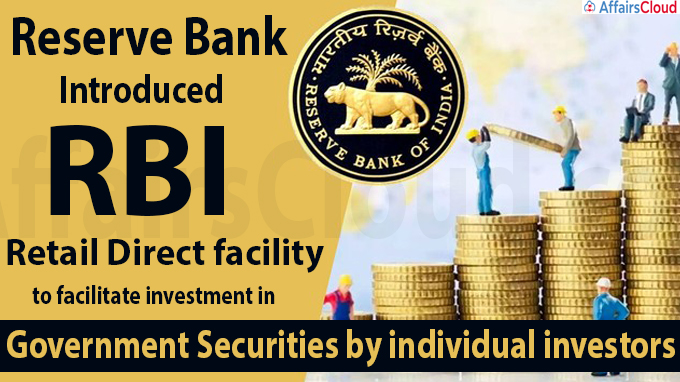India’s chess scene has evolved from a traditional pastime into a dominant force on the global stage. With world champions, national legends, and rising young talents, the nation has firmly established itself as a chess superpower. This blog highlights the remarkable chess champions of India, showcasing both World and National Champions who have significantly shaped the country’s chess narrative.
From global icons like Anand and Gukesh to national stalwarts such as Ganguly and Sasikiran, India’s chess champions have forged a legacy that continues to flourish. With emerging talents and expanding opportunities, India is on a trajectory to become the world’s leading chess nation.
1. Viswanathan Anand – The Titan of Indian Chess
Viswanathan Anand, the first Grandmaster from India, is celebrated as the country’s greatest chess icon.Major Achievements:
- First Indian Grandmaster (1988)
- Five-time World Chess Champion (2000, 2007, 2008, 2010, 2012)
- Former World No. 1
- Recipient of the Padma Vibhushan
2. D. Gukesh – The Youngest World Chess Champion
In 2024, Gukesh Dommaraju made headlines by becoming:- The Youngest World Chess Champion
- The Second Indian World Champion, following Anand
3. National Chess Champions of India
India’s chess structure is anchored by the Indian National Premier Chess Championship, established in 1971, which has produced numerous strong champions.3.1 Surya Shekhar Ganguly – The National King
- Six-time consecutive national champion (2003–2008)
- Noted for deep opening preparation
- Assisted Anand in World Championship preparations
3.2 Krishnan Sasikiran
- Multiple-time National Champion
- Olympiad medalist
- Renowned for his aggressive and creative gameplay
3.3 Viswanathan Anand – Former National Champion
Before achieving global fame, Anand secured the national champion title three times (1986, 1987, 1988).3.4 Recent National Champions
- GM Iniyan P – 2025 National Champion
- Other notable players include Aravindh Chithambaram, Lalith Babu, and Abhijit Kunte.
4. India’s Women Chess Champions
4.1 Koneru Humpy
- World Rapid Chess Champion (2019)
- Former World No. 2
- Honored with the Arjuna Award and Padma Shri
4.2 Harika Dronavalli
- Three-time World Championship bronze medalist
- Known for her strong endgame technique
- Padma Shri award recipient
4.3 R. Vaishali
- Grandmaster and rising star in women’s chess
- Continues to climb the global rankings
5. India’s New Generation: A Golden Chess Era
Currently, India is experiencing a vibrant era in chess marked by new talent:- Praggnanandhaa – World Cup finalist
- Nihal Sarin – Rapid chess specialist
- Arjun Erigaisi – Elite Grandmaster
- Pentala Harikrishna – Former India No. 2
6. Why India Produces So Many Chess Champions
Several factors contribute to India’s chess success:- Expanding chess academies
- Government and federation support
- Online learning platforms
- Inspiration from icons like Anand and Gukesh
- Increased youth tournaments
- Strong participation at the school level
7. The Future of Indian Chess
With two world champions—Anand and Gukesh—and a plethora of promising grandmasters, the future of Indian chess looks incredibly bright. The next decade could witness India excelling in team events, producing more world champions, and enhancing chess education at the grassroots level.From global icons like Anand and Gukesh to national stalwarts such as Ganguly and Sasikiran, India’s chess champions have forged a legacy that continues to flourish. With emerging talents and expanding opportunities, India is on a trajectory to become the world’s leading chess nation.




